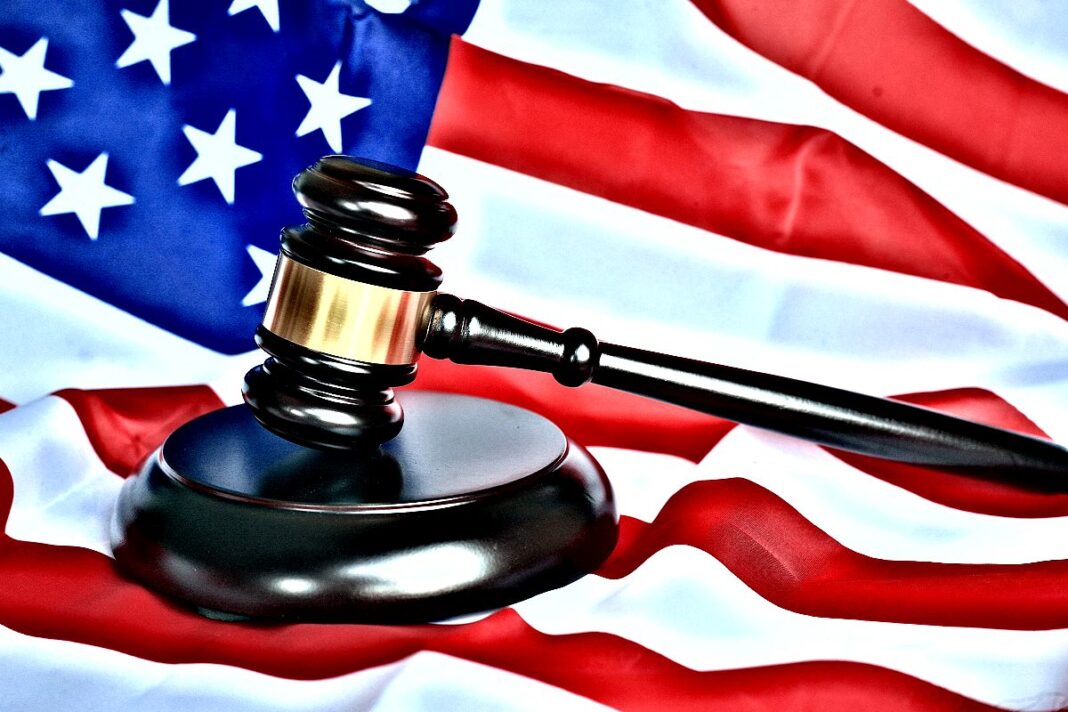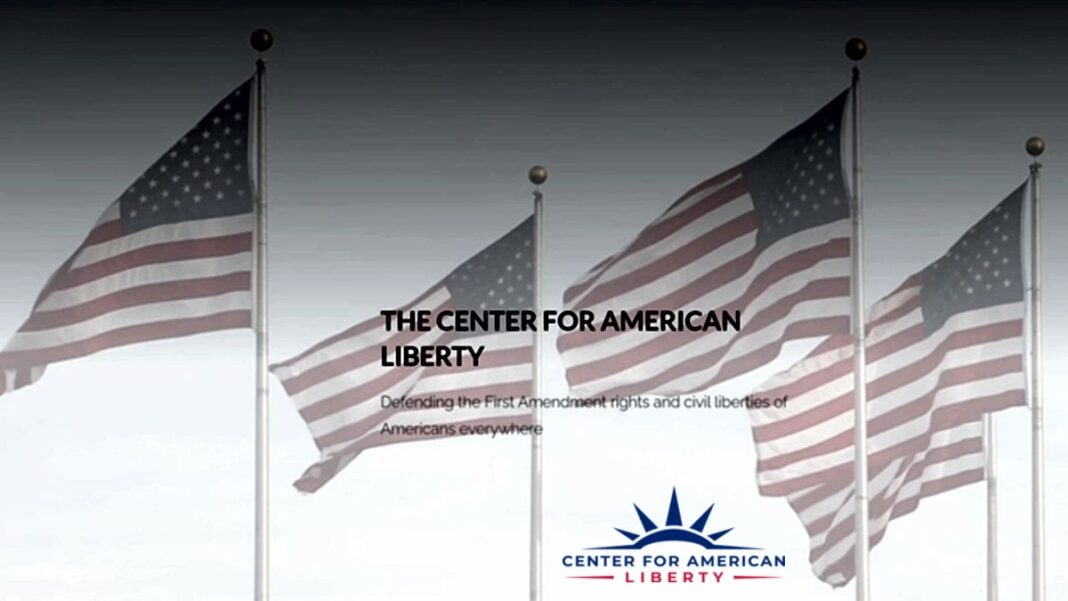The Guardian Defense Fund, Inc. is an Arizona not for profit corporation that is in the process of applying for 501 (c)(4) status. The mission of The Guardian Defense Fund is to defend champions of free and fair elections from false and defamatory attacks, and to challenge Big Tech censorship in the Courts.
The Fund’s first legal action was filed on February 26, 2021 against Charlene Fernandez on behalf of Mark Finchem and Anthony Kern to vindicate their honor and reputations after Ms. Fernandez participated in filing a false and defamatory criminal referral against them with the Department of Justice and the Federal Bureau of Investigation. The case will additionally challenge the application of New York Times v Sullivan’s requirement that a public figure prove actual malice on the part of a person who defames them in the context of a filing of a false criminal report released to the press when filed. The actual malice standard of New York Times v Sullivan (1964) allows the smearing of those who enter the public arena by the mainstream media as well as political operatives, and often leaves no avenue for a public figure to defend his or her honor. This not only prevents good people from entering politics, it also means that there is no forum in which the actual truth of a matter can be peacefully established, the usual role of the court system. While the actual malice standard may have made some sense in 1964 when it was handed down by the Court, the unforeseen tectonic shift created by the internet and twenty-four-hour cable news programs has so dramatically changed the information landscape that none of the policy considerations undergirding the actual malice standard now exist. The Guardian Defense Fund will continue to challenge the actual malice standard in future cases because the Fund’s legal team considers the ruling has resulted in massive negative societal consequences, and is ripe for reconsideration by the Supreme Court.
The Fund is also considering a number of cases to challenge Big Tech censorship. For far too long, Big Tech has hidden behind § 230 of the Communications Decency Act of 1996 (codified at 47 U.S.C. § 230) to censor speech on the basis of content. Big Tech claims that it can violate the free speech guarantee of the First Amendment because they are private companies. However, a number of legitimate arguments against this position have been developed by the Fund’s legal team which will be tested in Court as soon as practicable.








